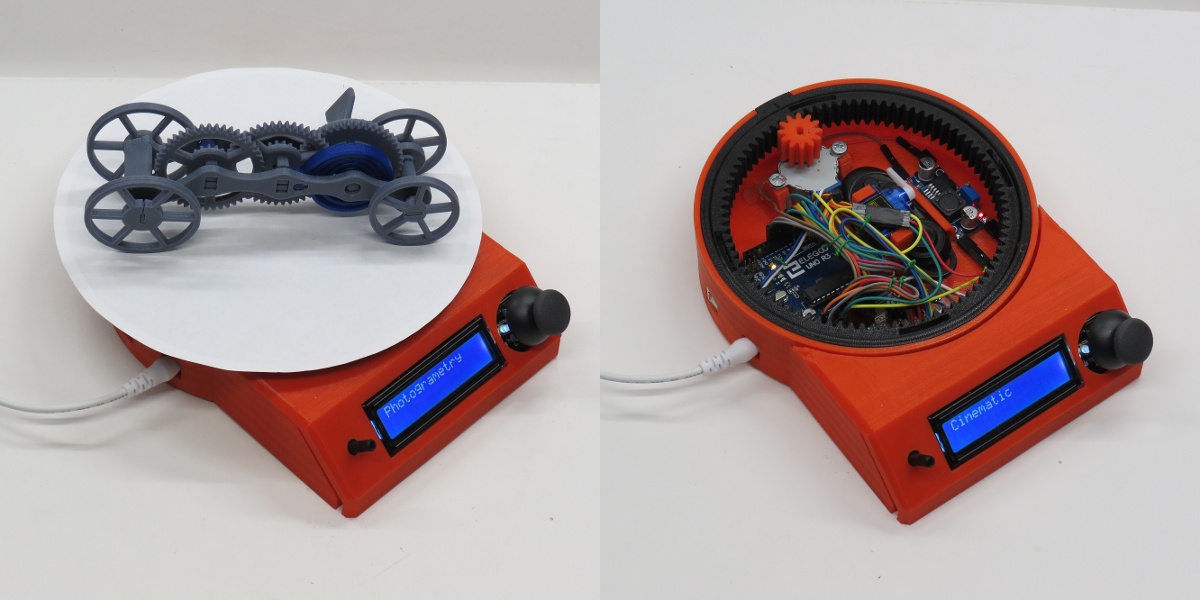To do some basic battery and charger tests really you need zero skills, just the co-ordination to hold two probes against two metal contacts and be able to read the display at the same time without falling over...thanks for the recommendation, but that type of thing woould be lost on me given the slightly mad in the head person i am.
I'd need to fully understand the numbers, what exactly voltage means - in relation to this or anything else. the pluses and minuses, what resistors are, how this works or that works and also why this works or that works.
So for me to do anything electronic, i'd really look to do a one year course in basic electronics. Maybe even an HNC
For me its not just doing something, but understanding the where, whys and whats of the subject.
And as said currently my head is not- repeat not in the right place to get involved in anything new.
You would be switching on your charger and measuring for example the voltage across the barrel plug, shove back probe down middle and red one on outside on [DC] setting.
Then you might want to charge battery for good few hrs attended then turn on battery and check voltage it's outputting. There are plenty of charts online that will show you voltage as a rough %age based on your battery pack eg: 14S6P 52V etc.
My son was using a multimeter to check AA and AA batteries for his toys when he was 6yrs old...it really is that easy.
Just be carefull and probably stay away from mains 240V.
I mainly use (over my other two more expensive ones), my Lidl Parkside multimeter, cost I think £8.99 and it has auto sensing making life a dawdle for any user of any skill level. I would give it 10/10 apart from fact it doesn't have a backlit screen.
I would not do a college course or HNC as min 95% of it will be **** and stuff you'll never use (you will never have the need to know about JK flip flops or analogue circuit design etc). I would buy a nicely illustrated book from amazon and introduce myself to the basics of DC circuits and the basics of how AC brushless motors work with 3 phase then watch some YT videos. I have a drawer full of Arduinos, this is best way to learn by buying a kit that comes with lots of parts like breadboard, dupont cables and things like joystick, servos, stepper motors/controller and maybe 20 projects from basic to more complex stuff such as wireless alarms. Honestly, they are easy to do and can be lots of fun and all you need to do is plug in cables and understand the basic principles going on. I use two Arduinos on my slot car track that are synced to laptop Race Mgmt SW (RCS64) to control start lights and addressable LED stipr around track for yellow flags etc.
The only maths you'll need for ebikes is also 2nd yr High School stuff:
V=IR and P=VI is a great starting point.








